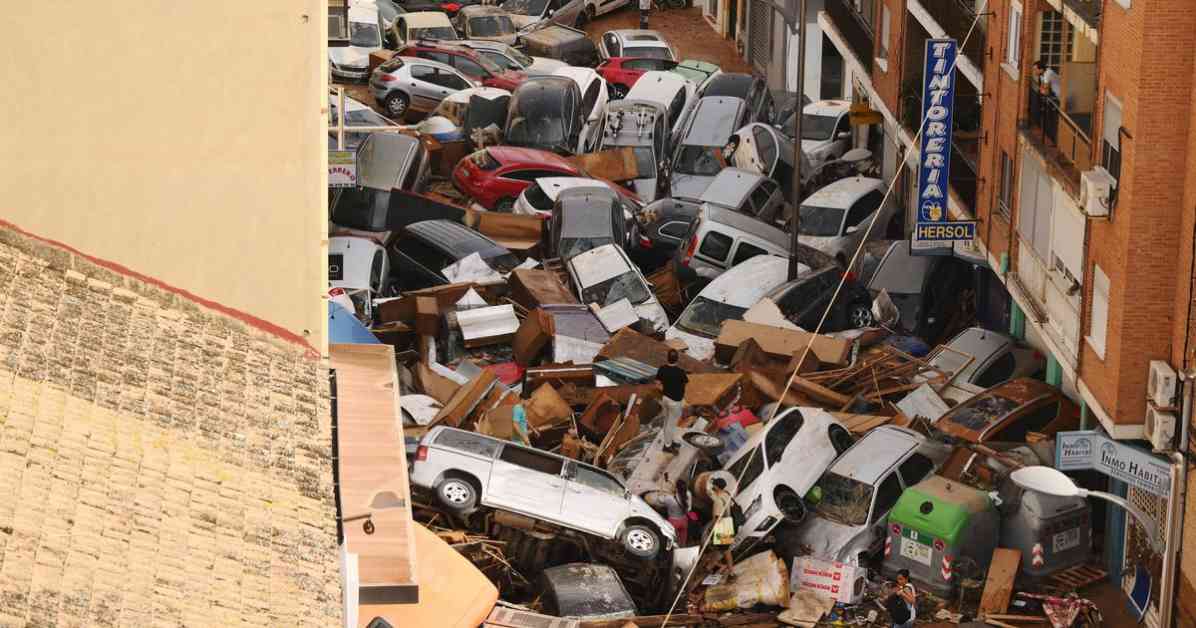This year’s global climate conference may be the turning point for countries to finally commit to phasing out fossil fuels in order to prioritize the safety of their citizens. The devastating effects of extreme floods, hurricanes, wildfires, and other disasters caused by carbon emissions are a clear indication that urgent action is needed. While we may not have experienced floods like those in Valencia, it is important to recognize that it could happen anywhere, including in coastal communities in Northern Ireland.
The impact of the climate crisis is evident in the rising global temperatures, exceeding the 1.5-degree limit set in the Paris Agreement. Northern Ireland has experienced temperatures higher than normal, leading to increased rainfall and affecting food production. As a result, food prices are rising, and extreme weather events are impacting tourism and economies worldwide.
Despite the urgency of the climate crisis, politicians seem to prioritize other issues over the survival of the planet. Lack of funding, focus on financial aspects rather than core problems, and a failure to address fossil fuel consumption are hindering progress. It is essential to invest in upgrading infrastructure, retrofitting homes, and transitioning to clean energy to mitigate the impacts of climate change.
The consequences of inaction are dire, with projections of a catastrophic 3.1-degree temperature rise by the end of the century. The collapse of the Gulf Stream could lead to freezing temperatures in Ireland, threatening agriculture and livelihoods. The time to act is now to prevent irreversible damage to the planet and secure a sustainable future for future generations.
As the world gears up for COP29, it is crucial for all stakeholders to come together and prioritize climate action. Events like the RE[act] Festival in Belfast provide a platform for collaboration, learning, and innovation in addressing the challenges of climate change. By working together and embracing sustainable practices, we can create a more resilient and environmentally friendly future for all.




